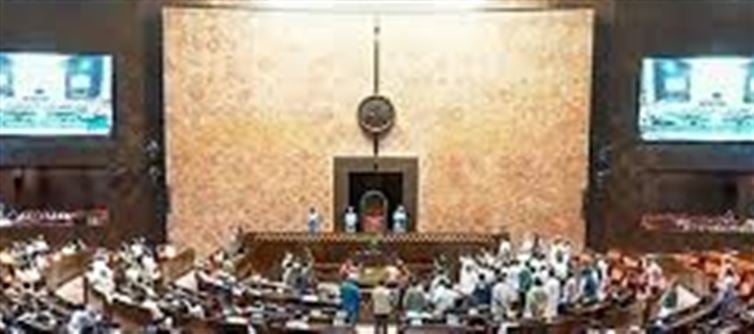President
draupadi murmu has nominated four members for the Rajya Sabha. These include Ujjwal Devrao Nikam, the
government lawyer in many famous cases like 26/11 attacks, famous historian and educationist Meenakshi Jain, senior social worker and educationist from
kerala C Sadanandan
master and former Foreign Secretary and skilled diplomat
harsh vardhan Shringla. The President has nominated them using his special powers under Article 80 (1) (a) and clause (3) of the Constitution. This part of the Constitution allows the President to select members in the Rajya Sabha. Let us know what is the salary of the MPs nominated by the President and how different are their rights from the MPs who win the elections.
How are nominated members selected and their rights?
The nominated members of the
rajya sabha are nominated by the President. The nominated members should have special knowledge or practical experience in fields like literature, art, science and social service. After becoming a member of the House, the nominated members can join any political
party within six months, if they do not do so, they are considered independent candidates. The tenure of these members is for six years. About one-third of the members retire every second year, to replace whom the same number of other members are elected.
Rights of nominated members
According to Article 249 of the Constitution, the
rajya sabha has the right to declare any subject of the State List as a subject of national importance by a two-thirds majority of the members present and participating in the voting. If such a resolution is passed by the
rajya sabha, then the
parliament can make a law on it. According to Article 312 of the Constitution, only the
rajya sabha can give the
central government the right to establish new All
india Services by passing a resolution with its two-thirds majority.
How much salary is received
Nominated members also get the same salary and allowances as other
rajya sabha members. In 2025, the monthly salary of MPs is Rs 1.24 lakh. Apart from this, they get constituency allowance, daily allowance,
office allowance and other facilities. Apart from this, they get
office expense allowance, daily allowance, housing, electricity, water, telephone and
doctor facilities. Apart from this, they get travel allowance and pension of Rs 25,000 after retirement as well as Rs 2000 extra pension for serving more than 5 years.






















